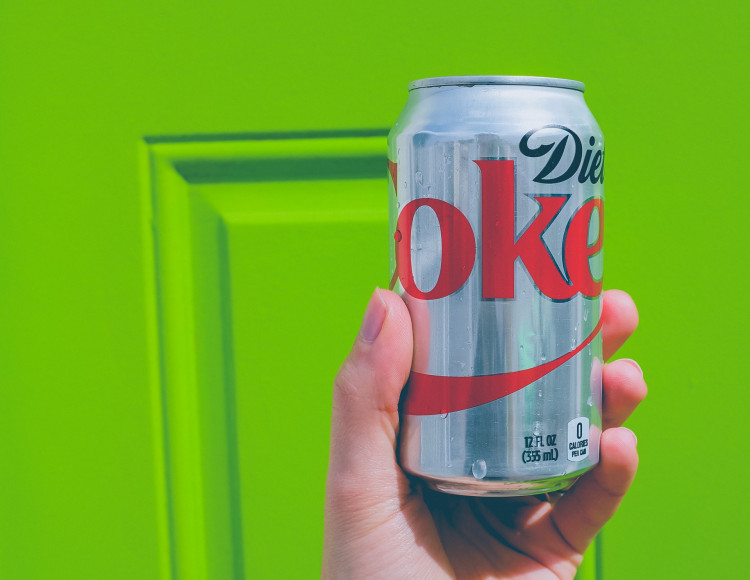A new study has found a disturbing connection between consumption of artificially sweetened beverages like diet sodas and an elevated risk of developing atrial fibrillation, a dangerous irregular heartbeat that can lead to strokes, heart failure and other serious complications.
The research, published Tuesday in the journal Circulation: Arrhythmia and Electrophysiology, analyzed data from nearly 202,000 participants in the U.K. Biobank database who were followed for an average of 10 years. It concluded that people who drank two liters or more per week of diet drinks had a 20% higher risk of atrial fibrillation compared to those who consumed none.
"This is the first study to report an association between no- and low-calorie sweeteners and also sugar-sweetened beverages and increased risk of atrial fibrillation," said Penny Kris-Etherton, a nutrition professor at Penn State University not involved in the study.
Also known as A-fib, atrial fibrillation is described by many patients as a "quivering," "fluttering" or "flip-flopping" feeling in the chest caused by the heart's upper chambers beating chaotically instead of rhythmically pumping blood. It can trigger blood clots, strokes, heart failure and even dementia.
"Atrial fibrillation is a leading cause of stroke in the United States. In addition, strokes connected to A-fib tend to be more severe than strokes with other underlying causes," according to the Centers for Disease Control and Prevention.
While age is a major risk factor, with the CDC projecting 12 million Americans will have A-fib by 2030, the new findings suggest artificially sweetened beverages may also play a role - providing another reason to avoid them.
"Our study's findings cannot definitively conclude that one beverage poses more health risk than another...However, based on these findings, we recommend that people reduce or even avoid artificially sweetened and sugar-sweetened beverages whenever possible," said lead researcher Dr. Ningjian Wang.
The study found that sugar-sweetened beverages like regular sodas were linked to a 10% higher A-fib risk. However, drinking about 4 ounces of pure, unsweetened juices like orange or veggie juices was associated with an 8% lower risk of the heart condition.
"Do not take it for granted that drinking low-sugar and low-calorie artificially sweetened beverages is healthy, it may pose potential health risks," Wang cautioned.
While the study could only establish a correlation, not a direct causal link, the association remained even after accounting for genetic predispositions to A-fib. The relationship merits further investigation, experts say.
"We still need more research on these beverages to confirm these findings and to fully understand all the health consequences on heart disease and other health conditions," said Kris-Etherton, who also serves on the American Heart Association's nutrition committee. "In the meantime, water is the best choice."
Dr. Theodore Maglione, a cardiologist at Robert Wood Johnson University Hospital, said the findings make sense given what's already known about risk factors for atrial fibrillation like obesity, sleep apnea and an unhealthy diet high in fat and cholesterol.
"The jury's not out on whether the low-calorie or zero-calorie sodas with artificial sweeteners are any healthier than the conventional full-calorie sodas," Maglione told The Guardian. "Diet and exercise has been shown to decrease recurrence rates of atrial fibrillation after we treat them with certain procedures."
While genetics play a role, Maglione said lifestyle factors that can be modified like diet, exercise and weight management are crucial for controlling A-fib risk and preventing potential complications like stroke.
"If you feel any symptoms of irregular heartbeat or palpitations, seek out medical care," he advised. "Because usually with earlier intervention, we can be more successful in treatment and preventing any of the things like stroke from occurring."
For those seeking to reduce their odds of joining the millions afflicted by atrial fibrillation each year, ditching artificially sweetened beverages appears to be a prudent step based on the new research. The perceived benefits of drinking "diet" may come with an unacceptably elevated health risk.






